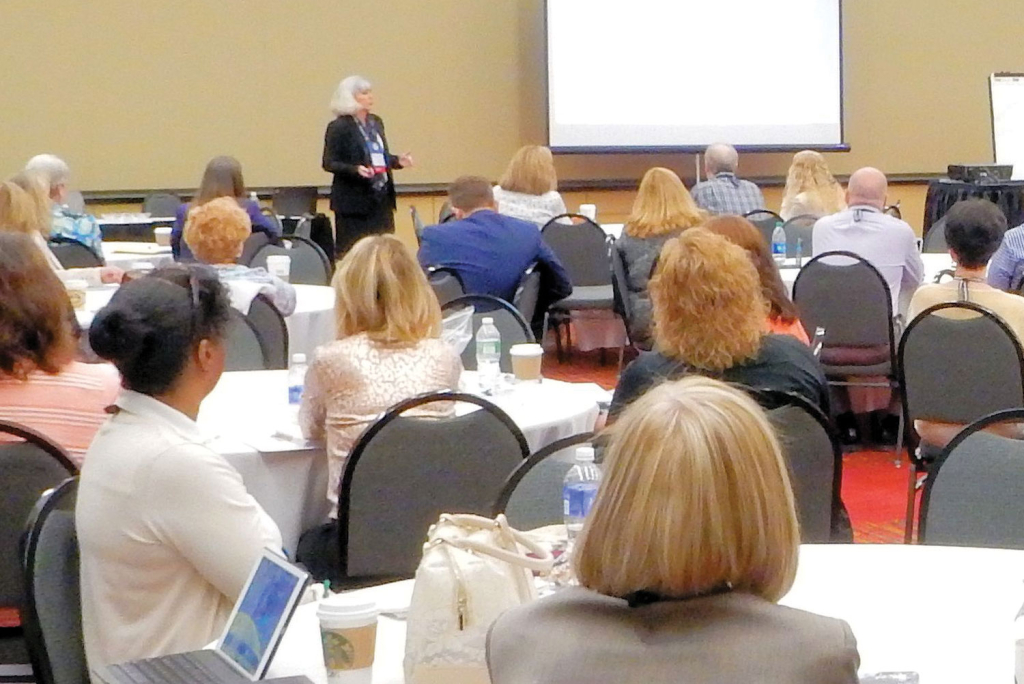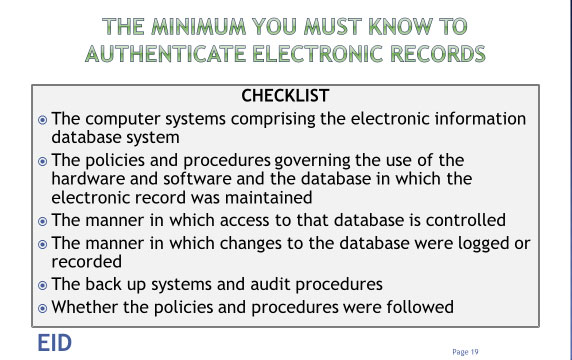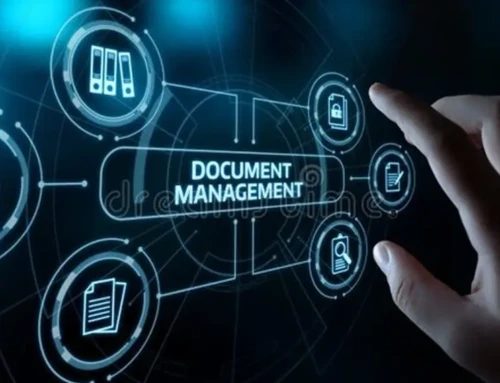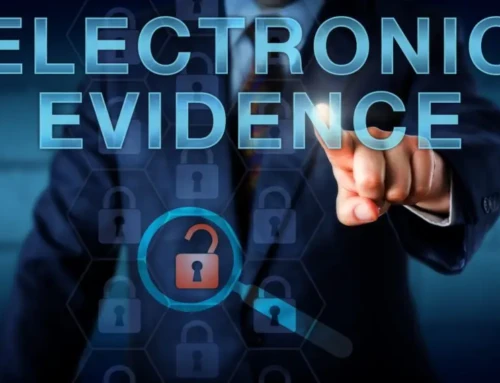Demonstrating authenticity of electronic records is becoming as important as capturing and maintaining electronic content. Questions have been arising in lawsuits and criminal prosecutions about whether electronic records are reliable and trustworthy.
In speaking to attendees at the International Institute of Municipal Clerks Annual Conference in Hartford, CT this past week, Jo Dunlap stressed the need to consider how cities are maintaining, controlling and managing their electronic records in addition to the physical records. Producing authentic and reliable records, regardless of whether they are stored in paper, film or digital formats is essential.
Electronic records present unique challenges, she told the audience, because so much of the storage and maintenance of the records relies on others. In order to testify in court about the authenticity of records, clerks should have understand the following:
The best way to start to gain control over electronic content is to begin with an assessment of the situation based on ANSI/AIIM 25 to determine what the issues are, get a sense of what needs to be fixed and to develop a strategy to move forward.
ANSI/AIIM 25, for which Jo Dunlap was the Project Leader of the volunteer development team, is designed to provide organizations with a manner to investigate and understand how electronic records are being managed against industry best practices and standards. Once the issues are clearly identified, then a strategy for managing electronic content in a secure and safe manner can be developed that will ultimately lead to the organization being able to authenticate records.






